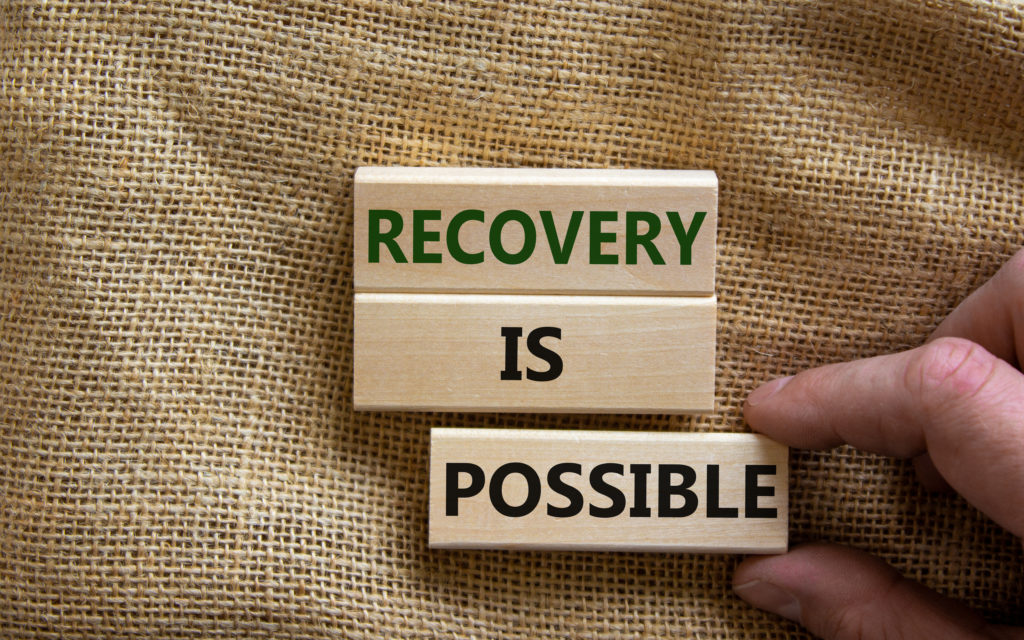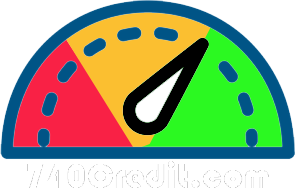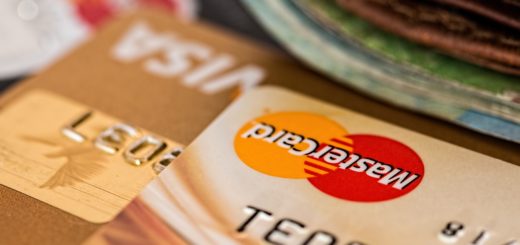The Road to Financial Recovery
Sometimes life throws us a curve ball and we are faced with a situation that causes serious damage to our finances. It can take years to recover from a financial disaster, but financial recovery is possible.
What You Can Do for Yourself

Review your obligations
Review your specific obligations that creditors claim you owe to make certain you really owe them. If you dispute a debt, first contact the creditor directly to resolve your questions. If you still have questions about the validity of the debt or the collection practices, contact your state or local consumer protection office or state Attorney General.
Contact your creditors
Contact your creditors to let them know you’re having difficulty making your payments. Ideally, this should be done before a payment is late or missed. Tell them why you’re having trouble — perhaps it’s because you or a spouse recently lost a job or have unexpected medical bills. Try to work out an acceptable payment schedule with your creditors. Most are willing to work with you and will appreciate your honesty and forthrightness. Many have “hardship programs” which provide for adjustment of payments for a period of time.
The Fair Debt Collection Practices Law prohibits a debt collector from showing what you owe to anyone but your attorney, harassing or threatening you, using false statements, giving false information about you to anyone, and misrepresenting the legal status of your debts. Remember that under other federal laws to collect debts, creditors cannot seize most government assistance and can only garnish a portion of wages to collect debts.
Create a budget
Budget your expenses. Create a spending plan that allows you to reduce your debts. Itemize your necessary expenses (such as housing and health care) and optional expenses (such as entertainment and vacation travel). Start a savings plan so that funds are available for unforeseen but essential expenditures. Stick to the plan. Anyone who is working on financial recovery should be using a budget.
Reduce expenses
Try to reduce your expenses. Cut out any unnecessary spending such as eating out and purchasing expensive entertainment. Consider taking public transportation rather than owning a car. Clip coupons, purchase generic products at the supermarket, and avoid impulse purchases. Above all, stop incurring new debt. Consider substituting a debit card for your credit cards.
Consider alternatives
Use your savings and other assets to pay down debts. Withdrawing savings from low-interest accounts to settle high-rate loans usually makes sense. The temporary loss of savings will be better for you in the long run and you can build the saving back up after your financial recovery. Selling off a second car not only provides cash but also reduces insurance and other maintenance expenses.
Seek assistance
Look for additional resources from governmental and private sources for which you may be eligible. Government assistance includes unemployment compensation, Aid to Families with Dependent Children (AFDC), food stamps, low-income energy assistance, Medicaid, and Social Security including disability. Other resources may be available from churches and community groups.
Looking for Outside Help
Credit Counseling
If you are unable to make satisfactory arrangements with your creditors, there are organizations that can help you in your quest of financial recovery. An organization that you can call is a Consumer Credit Counseling Service (CCCS) agency. These local, non-profit organizations affiliated with the National Foundation for Consumer Credit (NFCC) provide education and counseling to families and individuals.
For consumers who want individual help, CCCS counselors with professional backgrounds in money management and counseling can provide support. To promote high standards, the NFCC has developed a certification program for these counselors. A counselor will work with you to develop a budget to maintain your basic living expenses and outline options for addressing your total financial situation. If creditors are pressing you, a CCCS counselor can also negotiate with these creditors to repay your debts through a financial management plan. Under this plan, creditors often agree to reduce payments, lower or drop interest and finance charges, and waive late fees and over-the-limit fees.
According to the NFCC, about 35% of those counseled are able to help themselves after budget counseling sessions; 30% require a debt repayment program, 7% are referred to legal assistance, and 28% are referred to other resources (e.g., programs for treating compulsive behavior such as alcohol, drug or gambling problems) or decide not to participate at that time. About 65% to 70% of the individuals who start the debt repayment plan complete it successfully.
After starting the debt repayment plan, you will deposit money with CCCS each month to cover these new negotiated payment amounts. Then CCCS will distribute this money to your creditors to repay your debts. With more than 1,100 locations nationwide, CCCS agencies are available to nearly all consumers. Supported mainly by contributions from community organizations, financial institutions, and merchants, CCCS provides services free or at a low cost to individuals seeking help.
Bankruptcy
Bankruptcy is a legal procedure which can give people who cannot pay their bills a fresh start. A decision to file for bankruptcy is a serious step and not for everyone looking in to financial recovery. You should make it only if it is the best way to deal with financial problems.
There are two types of bankruptcy available to most individuals. Chapter 13 or “reorganization” allows debtors to keep property which they might otherwise lose, such as a mortgaged house or car. Reorganizations may allow debtors to pay off or cure a default over a period of three to five years, rather than surrender property.
Chapter 7 or “straight bankruptcy” involves liquidation of all assets that are not exempt in your state. The exempt property may include items such as work-related tools and basic household furnishings, among others. Some of your property may be sold by a court-appointed official or turned over to your creditors. You can file for Chapter 7 only once every six years.
What is the difference?
Both types of bankruptcy may get rid of unsecured debts (those where creditors have no rights to specific property), and stop foreclosures, repossessions, garnishments, utility shutoffs, and debt collection activities. Both types also provide exemptions that permit most individual debtors to keep most of their assets, though these “exemption” amounts vary greatly from state to state.
Bankruptcy cannot clean up a bad credit record and will be part of this record for up to ten years. It can, for example, make it more difficult to get a mortgage to buy a house. It usually does not wipe out child support, alimony, fines, taxes, and some student loan obligations. Also, unless under Chapter 13 you have an acceptable plan to catch up on your debt, bankruptcy usually does not permit you to keep property when the creditor has an unpaid mortgage or lien on it.
Bankruptcy cases must be filed in federal court. The cost to file varies by location and the fee will not include the fees of your bankruptcy lawyer.
Choosing a bankruptcy lawyer may be difficult. Some of the least reputable lawyers make easy money by handling hundreds of bankruptcy cases without adequately considering individual needs. Recommendations from those you know and trust, and from employee assistance programs, are most useful.
Some publicly funded legal services programs handle bankruptcy cases without charging attorney fees. Or these programs may provide referrals to private bankruptcy lawyers. Keep in mind that the fees of these attorneys may vary widely.
Debt Settlement
Another option to consider is debt settlement. There are companies who specialize in working with creditors to settle outstanding debts. Unlike bankruptcy or credit counseling, a debt settlement company will work with your creditors to close your accounts and come to an agreement on a payment amount they will accept. Generally, a creditor will accept repayment of a portion of the amount owed since they understand getting some of the money is better than nothing.
Be careful when looking for a debt settlement company. Be sure to read reviews and NEVER agree to pay for the services up front. There are a lot of companies claiming they will help with your debts when all they are really after is your money.
Possible Pitfalls
You may encounter credit counselors who aren’t helpful. For-profit or non-credentialed counseling organizations often make promises that they cannot or do not keep. Be especially careful when asked for a large sum of money in advance. To check the organization’s reputation, contact your state Attorney General, consumer protection agency, or Better Business Bureau.
“Credit repair” clinics and “credit doctors” have been frequently criticized for promising that they can remove negative information from your credit report. Accurate information cannot be changed. If information is old or inaccurate, you can contact a credit bureau yourself and ask that it be removed.
Risky refinancing options
When already in financial trouble, second mortgages greatly increase the risk that you may lose your home. Be wary of any loan consolidations or other refinancing that actually increase interest owed or require payments of points or large fees.
A Final Word
Don’t lose hope, even if you despair of ever recovering financially. You can regain financial health if you act. Pursuing the options presented in this article can put you on the road to financial recovery.




